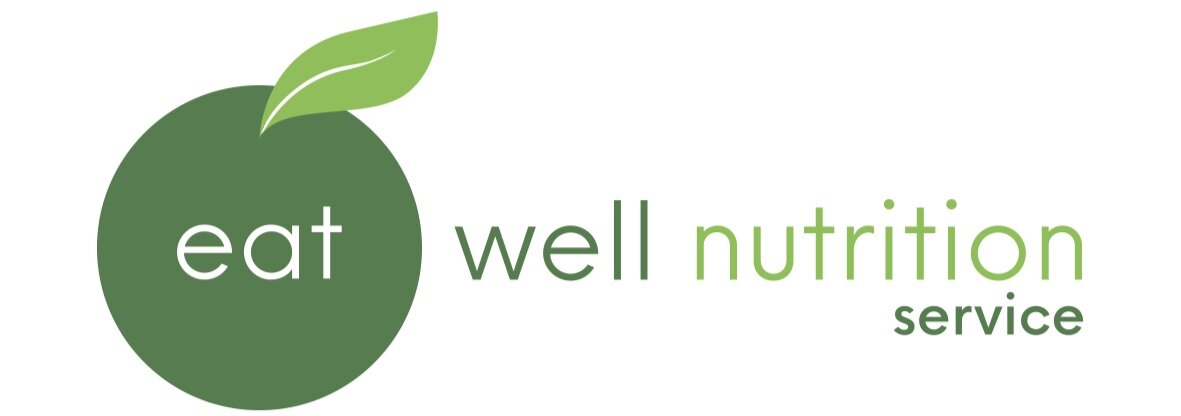Benefits of Seeing a Dietitian for a Person with Disability
The significance of consulting a dietitian for individuals with disabilities in Australia cannot be exaggerated. Many disabilities present unique nutritional challenges, stemming from physiological factors such as meal planning, preparation, and cooking, as well as medication side effects like weight gain or loss, and limitations in activities of daily living. Dietitians possess the expertise to develop tailored nutrition plans, resources, and provide collaborative supports to tackle these challenges, thereby promoting overall health and well-being. Additionally, certain disabilities predispose individuals to conditions such as obesity, malnutrition, or gastrointestinal issues, underscoring the invaluable role of dietitians in effectively managing these risks and enhancing quality of life.
Why Eat Well Nutrition Service?
Eat Well Nutrition prides itself on its unwavering dedication to specificity and personalised care, setting itself apart in the realm of nutrition services. At Eat Well Nutrition, we firmly believe that every individual, irrespective of their disability, merits a customised approach to nutrition that carefully considers their distinct circumstances and aspirations. Our team at Eat Well Nutrition Service harnesses not only their professional expertise but also their profound personal experiences to develop personalised nutrition plans that cater to a diverse array of needs and preferences. We understand that each person's journey toward optimal health is unique, and our commitment to providing tailored support reflects our dedication to ensuring that every individual receives the individualised care and attention they deserve.
Importance of Dietitians in Allied Health
Dietitians occupy a pivotal position within the spectrum of allied health professionals. While each discipline contributes uniquely to the holistic care of individuals, dietitians play an indispensable role in promoting optimal health through nutrition. Armed with specialised knowledge in food science, human physiology, and behaviour change, they are skilled at addressing a diverse array of health concerns through dietary interventions. Whether it's managing chronic conditions, disabilities, or simply striving for improved well-being, dietitians collaborate seamlessly with other healthcare professionals and support systems to deliver comprehensive care that attends to the multifaceted aspects of health and vitality.
Transient Nature of NDIS and Timeliness of Seeking Dietetic Services
The transient nature of NDIS funding underscores the urgency of seeking dietetic services sooner rather than later. As the NDIS evolves and adapts to changing priorities and budget constraints, the availability of certain services, including dietetics, may fluctuate unpredictably. Consequently, individuals with disabilities should seize the opportunity to access these services while they are still funded, ensuring continuity of care and maximising their health outcomes in the long term. By prioritising proactive engagement with dietitians, individuals can establish sustainable dietary habits that contribute to their overall health and quality of life, regardless of future funding uncertainties.
What Our Dietetic Services Provide:
Healthy Food Choices: Providing guidance on making nutritious food choices tailored to the individual's dietary needs and preferences.
Management of Chronic Health Conditions: Offering dietary recommendations aimed at enhancing gastrointestinal, diabetes, and cardiovascular health, while addressing specific dietary concerns.
Addressing Allergies and Intolerances: Providing support and guidance for individuals with allergies and intolerances to navigate their dietary choices safely and effectively.
Bowel Health: Assisting individuals in managing bowel concerns
Fussy or Selective Eating: Implementing strategies to expand dietary variety and address picky eating habits.
Malnutrition and Unintentional Weight Loss: Conducting assessments and implementing interventions to combat malnutrition and unintended weight loss, promoting optimal nutrition and well-being.
Modified Texture Diets: Developing and implementing dietary plans for individuals with swallowing difficulties or other issues requiring modified texture diets, ensuring adequate nutrition and safety.
Personalised Meal Planning: Developing and reviewing customised meal plans tailored to meet the participant's specific dietary needs and preferences.
Menu Planning, Grocery Shopping, and Budgeting: Providing assistance in planning balanced menus, creating grocery lists, and managing food expenses effectively.
Overcoming Mealtime Challenges: Implementing strategies to manage stressful meal situations and address issues such as food refusal, eating distractions, and social eating avoidance.
Food and Nutrition Counselling: Offering guidance and support to facilitate behavioural changes related to food choices and nutrition.
Enteral Nutrition (Tube Feeding) and Tube Weaning: Providing specialised assistance for individuals requiring non-oral feeding or transitioning from tube feeding to oral nutrition.
